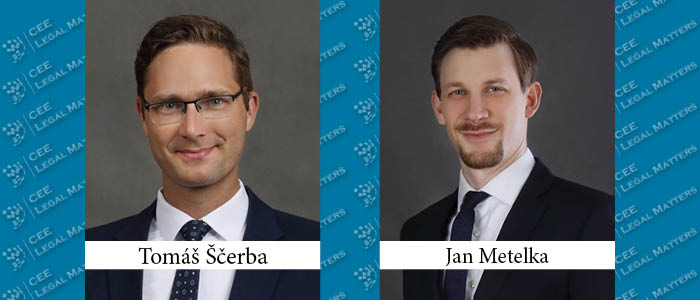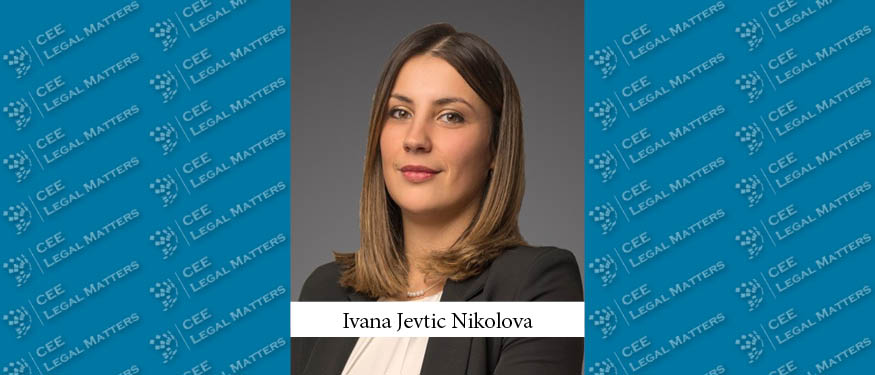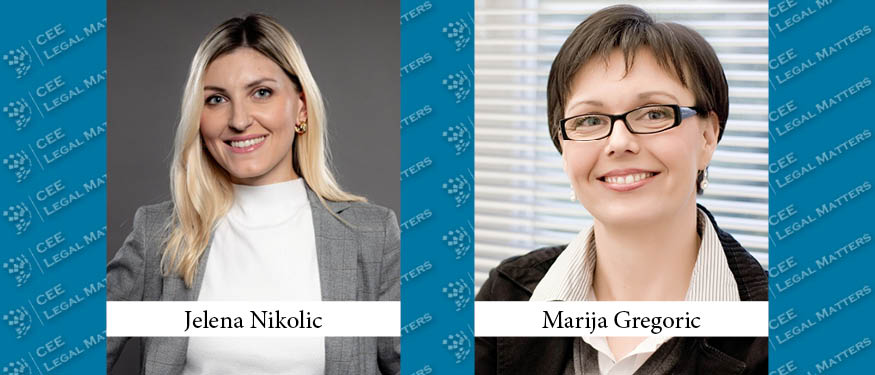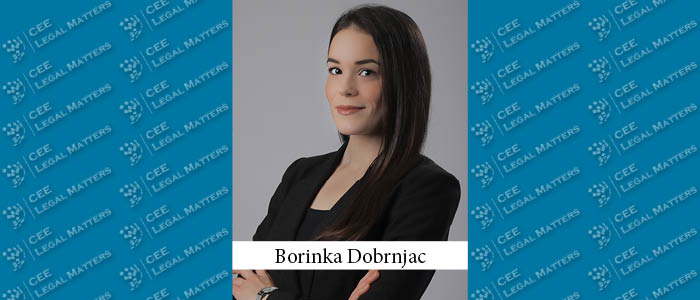Aksan has advised APY Ventures on its investment in Minted Connect.
Cytowski & Partners Advises Axoflow on USD 7 Million Seed Series
Cytowski & Partners has advised Hungary-based Axoflow on its USD 7 million seed series with the participation of the EBRD, Credo Ventures, and E2.VC. Dentons reportedly advised the EBRD.
Czech Act on Digitalization of the Financial Market
On December 6, 2024, the Chamber of Deputies of the Czech Republic approved the Act on Digitalisation of the Financial Market (ZDFT), which represents an important step in adapting the Czech legal framework to European regulations in the area of digital financial markets.
Kondracki Celej and JSP Skrzypek and Partners Advise on Pre-Series A Round for Prosoma
Kondracki Celej, working with SZA Schilling, Zutt, Anschutz, Ingen-Housz, and Sparring Legal, has advised Impact Ventures and Verge HealthTech Fund on participating in the EUR 4.4 million pre-series A round for Prosoma. JSP Skrzypek and Partners, and reportedly Van Campen Liem, advised Prosoma.
Well-Known Trademarks: Legal Standards and Determination Criteria
Trademarks are more than just logos and brand names—they are powerful symbols that represent the values, quality, and recognition of a company or product. From the iconic swoosh of Nike to the golden arches of McDonald's, well-known trademarks have become ingrained in our daily lives, shaping our consumer habits and perceptions.
Digital Nomads in Croatia, Montenegro, and Serbia
Central and Eastern Europe is increasingly on the radar of digital nomads seeking new destinations. The countries they flock to see their markets impacted – for better or worse – with both opportunities and challenges aplenty. Babic & Partners Partner Marija Gregoric and JPM & Partners Partner Jelena Nikolic analyze these impacts.
Unauthorized Monitoring of Employees’ Email – A Case from Italian Practice
This article analyzes the Decision of the Italian Data Protection Commissioner (“Commissioner“) No. 472 of July 17, 2024 (“Decision“), which concerns the monitoring of employees’ official computers and emails, and the protection of personal data in accordance with Italian regulations and the General Data Protection Regulation of the European Union, which was adopted on April 14, 2016, and came into force on May 25, 2018 (“GDPR”).






















